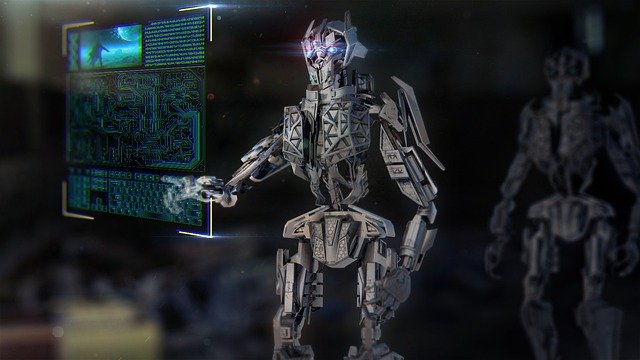The Future of AI Technology
The world of Artificial Intelligence (AI) is advancing rapidly and its potential applications are vast. As technology continues to evolve, AI is becoming increasingly sophisticated and is being used in a variety of ways. In this article, we will explore the future of AI technology and the potential it holds.
The Potential of AI
AI has the potential to revolutionize many aspects of life, from healthcare to transportation. AI can be used to automate processes, improve decision-making, and provide insights into data. AI can also be used to create virtual assistants and robots that can perform tasks traditionally done by humans. AI can be used to create autonomous vehicles, as well as to develop more efficient and accurate medical diagnostics.
AI is also being used in a variety of other ways, such as in finance, retail, and agriculture. AI can be used to create virtual financial advisors, automate marketing campaigns, and optimize crop yields. AI can also be used to create personalized customer experiences, such as virtual shopping assistants and automated customer service.
The Impact of AI
The impact of AI technology on the world is undeniable. AI has the potential to drastically reduce the cost of labor and increase efficiency. AI can also be used to create personalized experiences for customers and to develop more accurate and timely insights into data.
The use of AI can also have a positive impact on the environment. AI can be used to automate energy-intensive processes, such as manufacturing, and to develop more efficient energy sources. AI can also be used to monitor the environment and identify potential problems before they become serious.
The Challenges of AI
Despite the potential of AI, there are still many challenges that need to be addressed. One of the biggest challenges is the ethical implications of using AI. AI can be used to automate processes that are traditionally done by humans, which could lead to job losses. Additionally, AI can be used to create biased decision-making processes, which could lead to discrimination.
Another challenge is the security of AI systems. AI systems can be vulnerable to malicious attacks, which could lead to data breaches and other security issues. Additionally, AI systems can be difficult to monitor and regulate, which could lead to privacy concerns.
The Future of AI
The future of AI technology is uncertain, but it is clear that it has the potential to revolutionize many aspects of life. AI can be used to automate processes, improve decision-making, and create personalized experiences. AI can also be used to create autonomous vehicles, develop more efficient energy sources, and monitor the environment.
However, the use of AI also has its challenges, such as ethical implications and security concerns. As AI technology continues to evolve, it is important to ensure that it is used responsibly and ethically. Additionally, it is important to ensure that AI systems are secure and that they are monitored and regulated appropriately.
In conclusion, AI technology has the potential to revolutionize many aspects of life. However, it is important to ensure that AI is used responsibly and ethically, and that AI systems are secure and monitored appropriately. With the right regulations and safeguards in place, AI can be used to create a better future for all.










